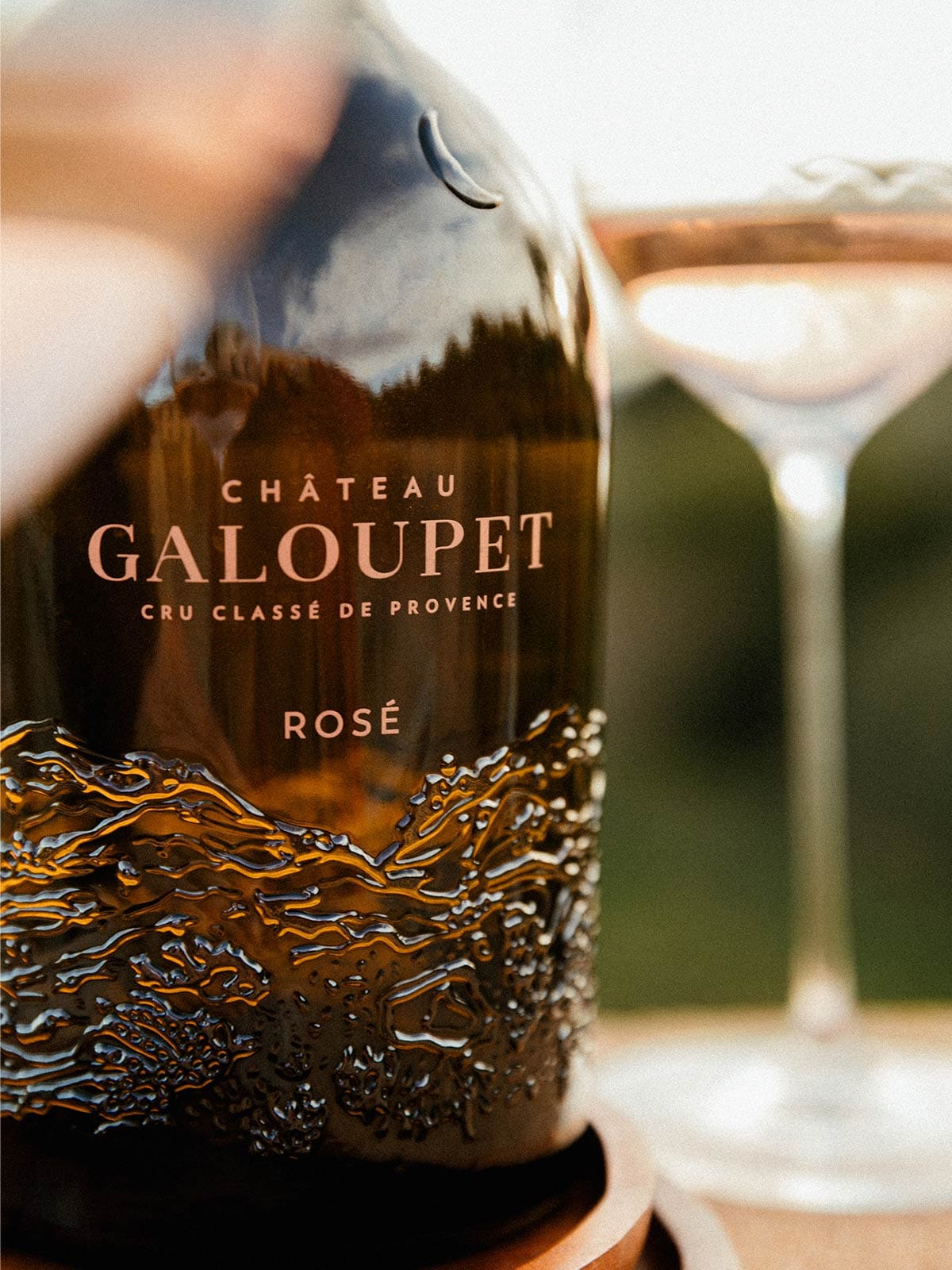Château Galoupet, owned by LVMH since 2019, refocuses on its Château cuvée and interrupts the production of its Nomade rosé, offered in a recycled plastic bottle.
“We do not stop the cuvée, but we put it on pause to focus our efforts on the Chateau reference,” says Mathieu Meyer, technical director of the domain.
This thoughtful decision on the part of the estate to put aside the production of Nomade rosé, is partly related to the originality of the bottle, made of recycled plastic and made from waste collected on beaches. An innovative and responsible initiative, but which obviously has a hard time operating in a French market that remains traditional in terms of wines. And where even screw plugs have trouble being accepted.
This plastic bottled wine could have found its public in the south of France, as on the beaches of Tropezia or on a boat in the Mediterranean, but Matthieu Meyer admits that the packaging “is very clivant“.
On the contrary, that of the Château cuvée, made of glass and topped with pink wax, conquers hearts and lovers of oenology. Even if his bottle is made of glass, his responsible approach remains always present: “Packaging representing 40% of the carbon emissions of wine production, we opted for a dark and light bottle (less than 500 g) made of 80% recycled glass to save as much as possible silica, the non-renewable raw material which is the basis of glass manufacturing“.
On the way to organic farming
Château Galoupet is located on 69 hectares of vineyards and 77 hectares of woods, overlooking the Mediterranean Sea and the bucolic islands of Porquerolles, Port-Cros and the Levant.
On the website, it is indicated that after 4 years spent regenerating the soil, feeding the vines and restoring the natural biodiversity of the estate, the first Rosés de Provence in organic conversion are ready to be tasted.
The 2022 vintage is a blend of grenache, tibouren, cinsault, rolle, with a touch of semillon. It was vinified in vats and raised to 30% in half-muids (Editor’s note: wine aging in a wooden container). It is more mineral than 2021,on citrus zest and yellow fruit aromas, with a slight hint of honey. Its price is very reasonable and amounts to 55 euros.
It will be certified organic for the 2023 vintage, “but we want to go beyond with three plots in biodynamic testing. We remain in a pragmatic experimental approach“, adds the technical director of the field.
The priority of the team of the domain, in addition to refocusing on the cuvée Château, is also to preserve the 77 hectares of wood, classified Natura 2000 ( editor’s note: natural site of the European Union having a great heritage value, by the fauna and flora it contains). Their goal? Renaturer the maquis, while working on biodiversity.
The latest news is the appointment of a new Managing Director, Nadine Fau, who was responsible for the international sales of Veuve Clicquot ( another LVMH brand) and has recently replaced Jessica Julmy.
Read also >Château Galoupet presents “Nomade 2021”, the first rosé to be marketed in a recycled plastic bottle
Featured photo : © LVMH








